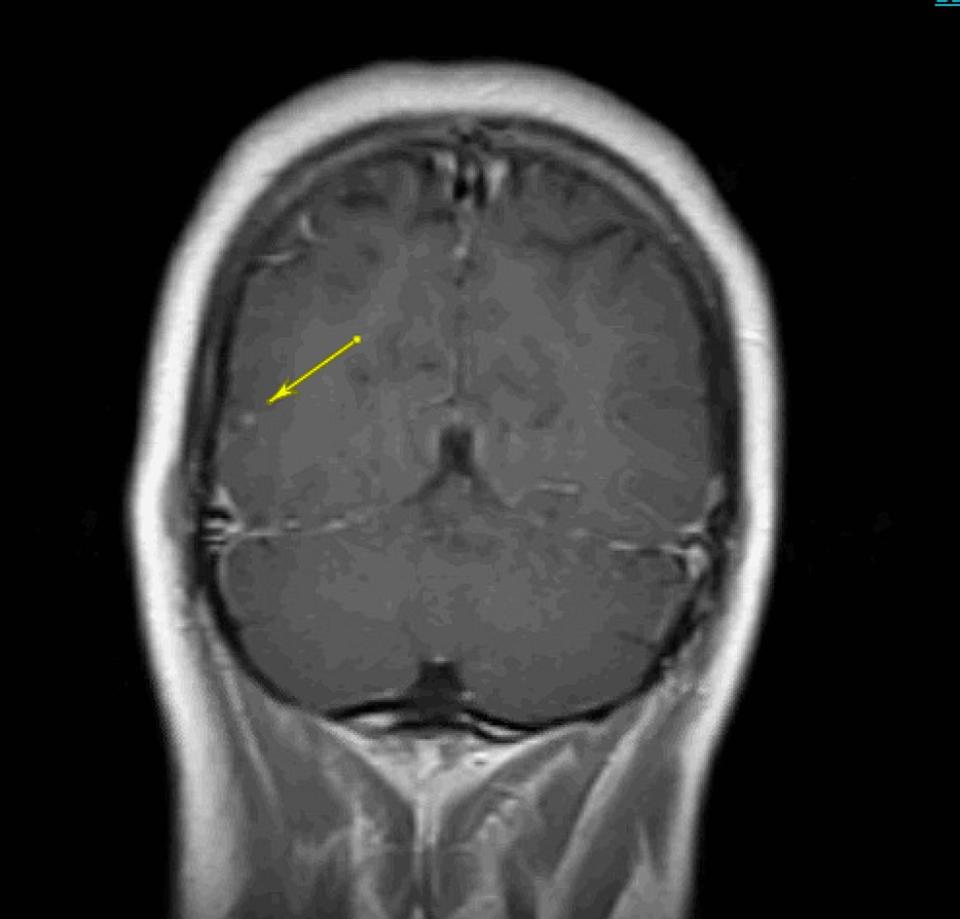NYC mother becomes suicidal after decade of seizures — until docs find tapeworm eggs in her brain

A New York mother who endured more than a decade of seizures — and attempted suicide during one severe bout of convulsions — was suffering from an infestation of tapeworm larvae in her brain.
The 32-year-old woman wound up in the emergency room at Jamaica Hospital Medical Center in Queens after she considered killing herself over the persistent seizures, doctors wrote in a case study published in the Cureus Journal of Medical Science.
Following a CT scan, the physicians realized she was suffering from neurocysticercosis — a parasitic infection wrought by pork tapeworm larval cysts lodging themselves in the brain.

People often develop the nauseating disease by consuming food or water contaminated with tapeworm eggs, which can pass through human poop and spread if hands aren’t washed, the Centers for Disease Control and Prevention warned.
The woman, who immigrated to New York City from Guatemala years ago, said she had endured the convulsions at least twice a week beginning at the age of 18, the researchers said.
The biweekly seizures made it impossible to hold a steady job, wrecking the patient’s finances and driving her to overdose on prescription pills two years ago. More recently, she feared holding her newborn daughter over concerns that she would drop her during an episode.

“The seizures [were] just so debilitating they[were] taking a toll on her life,” Dr. Jake Smith, a psychiatry resident at Jamaica Hospital and lead author on the case study, told The Post.
“Without the proper finances and support, everything kind of crumbles around, and it becomes very difficult to live a normal life.”
Doctors at Jamaica Hospital treated the woman with the anti-parasitic drug albendazole, and her seizures began to stop, Smith said.
Neurocysticercosis is “preventable,” but roughly 1,000 people in the United States still are hospitalized with the disease annually. Many suffering from the ailment are from nations where the disease is common, including in Latin America, the CDC noted.
Earlier this year, a 52-year-old Florida man discovered his severe migraines were actually caused by an infestation of tapeworm larvae in his brain — which he contracted by wolfing down undercooked bacon.

